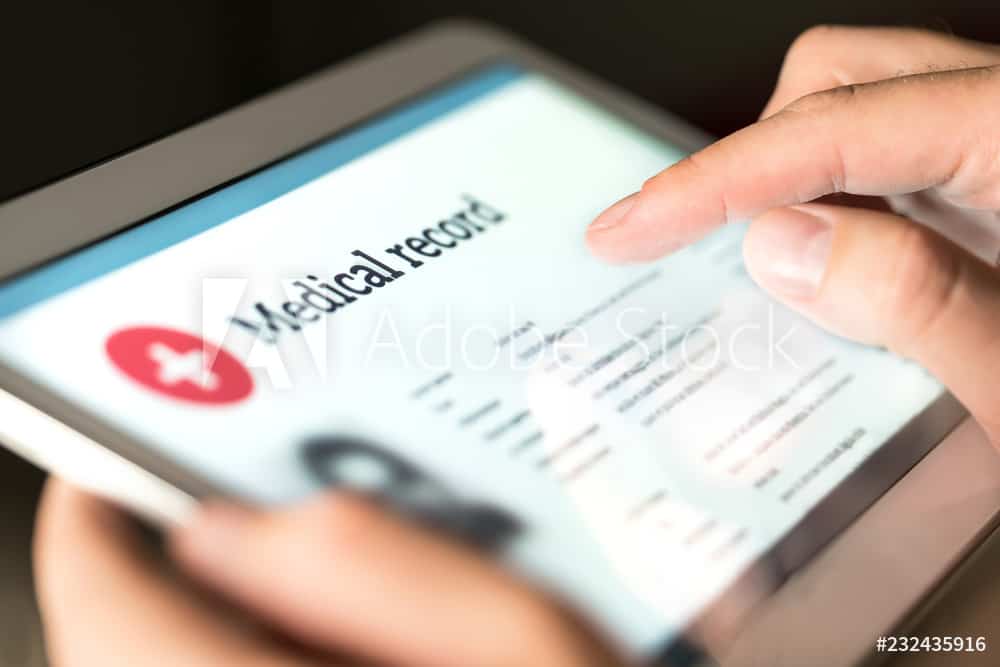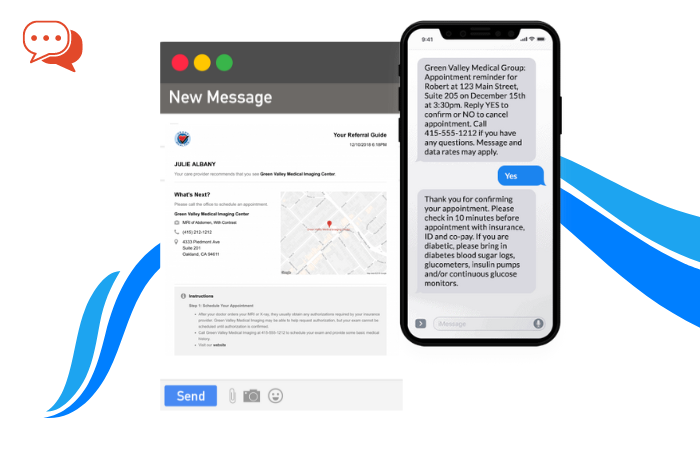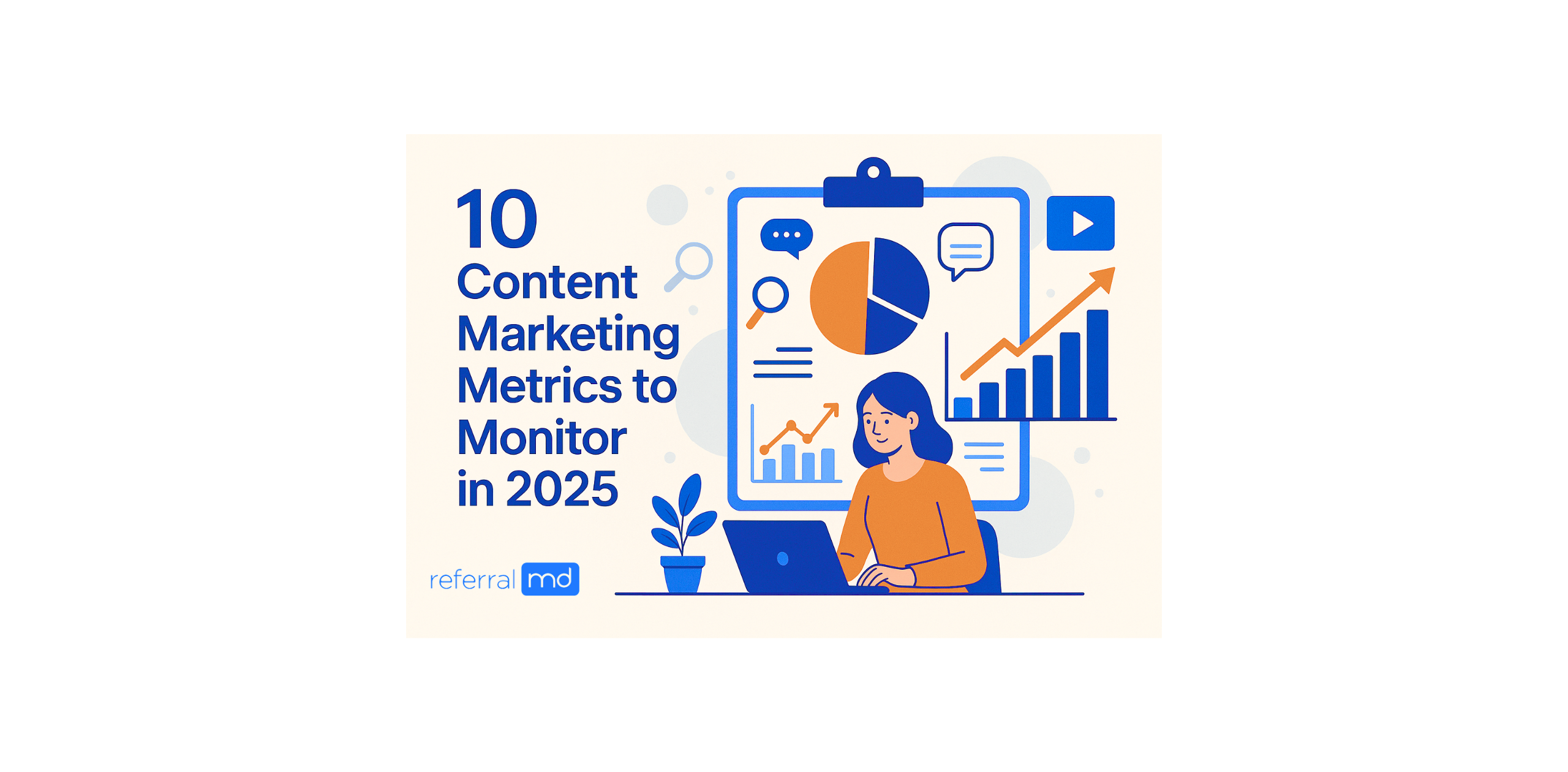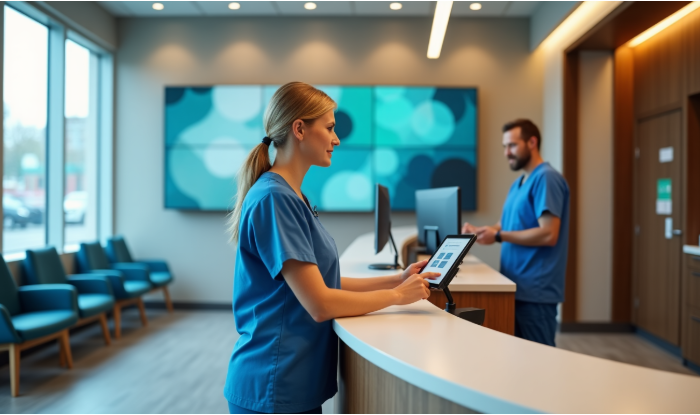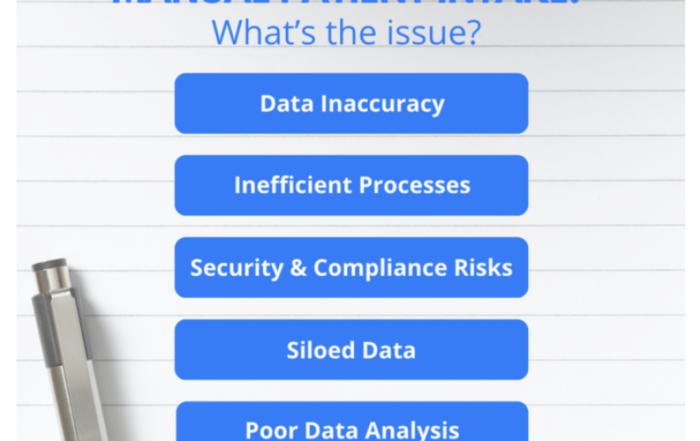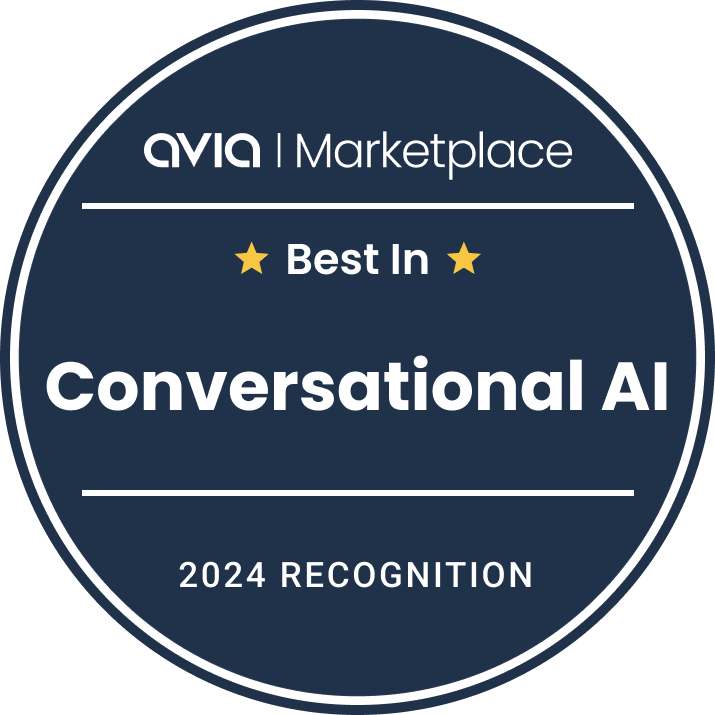The healthcare industry is growing rapidly and at a steady pace. According to a recent survey by Deloitte, the Healthcare technology sector is expected to reach $280 billion by 2021, at a CAGR of 15.9% between 2016-2021. Technological advancements in the healthcare industry have improved our quality of life. Gone are the days when you have to schedule an appointment with the doctor and then wait a couple of hours to consult. If you need to take any tests, maybe even get a referral to another specialist, then it’s even worse, as it would take days to get the results or an appointment. We are fortunate enough to be present in this fast-paced digital world, where things can be done with just a click of a button. Like other industries, the healthcare industry is adapting to the latest technologies such as AI, Blockchain, etc., to satisfy the customers and improve the patient experience.
Historically, the health sector has had a less than positive user experience reputation. It’s slow-moving (for a good reason) and has lacked the fast-paced advancements that the Millenials have come to expect. Meanwhile, patient experience is now becoming the goal of many clinics, hospitals, and care units. As a consequence, new approaches and technologies are emerging that have the power to transform health care.
Are these the trends that you see as changing the healthcare industry?
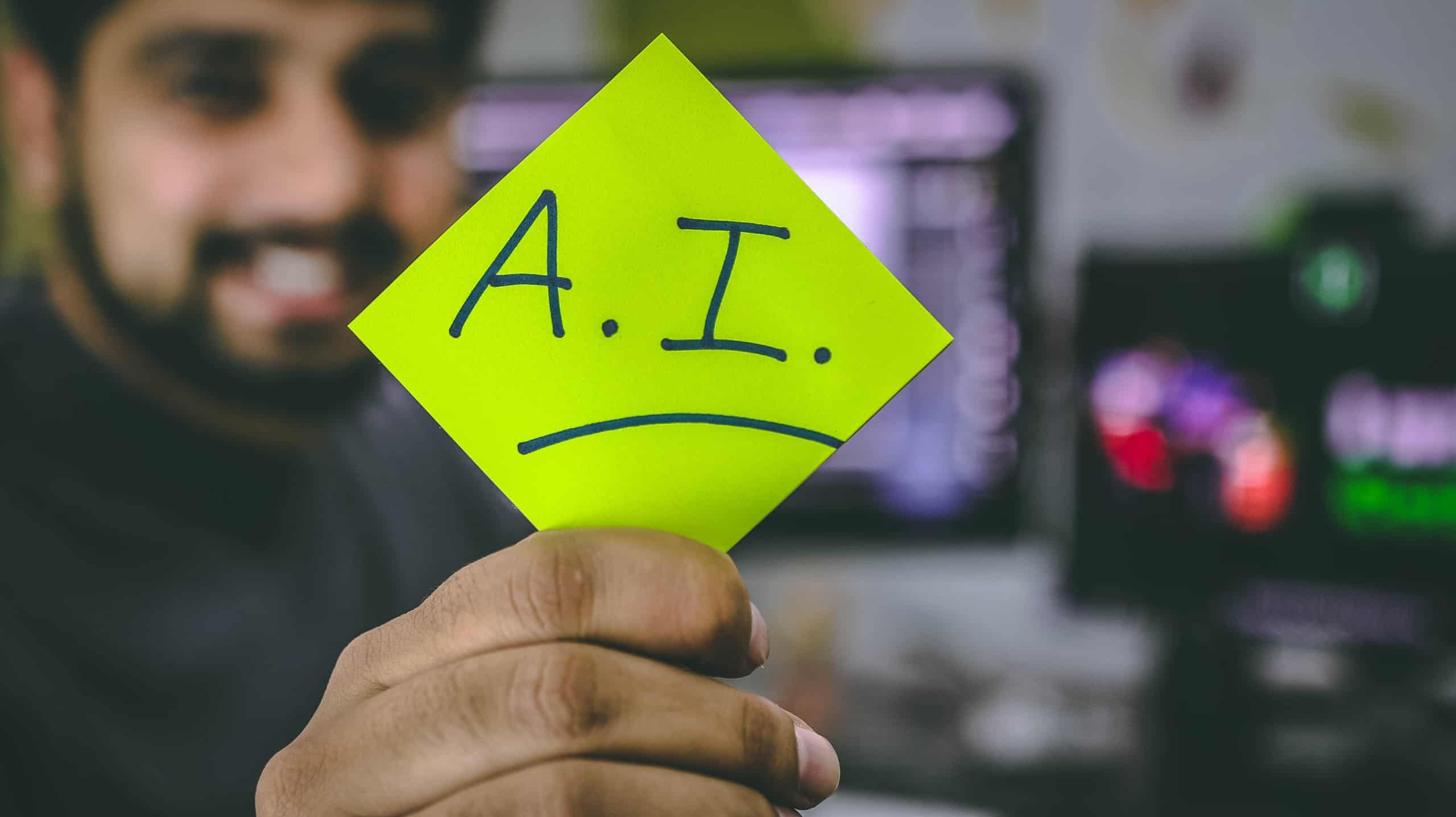
Photo by Hitesh Choudhary on Unsplash
1. AI
Have you ever had an exam or test but then had to wait for a long time to get the results? Technology is playing a crucial role here by reducing time and providing a superior customer experience. With Artificial Intelligence, body explorations and other services are improving dramatically.
Research says, using Artificial Intelligence and Deep Learning, it has been shown that body scans analyze scans with Computerized Axial Tomography (CAT) up to 150 times faster than human radiologists, detecting acute neurological events in just 1.2 seconds. This epitomizes a better customer experience. As a result, there will be no more stress waiting, just accurate and immediate answers every time. Artificial Intelligence can also help, for example, with determining the most effective pharmaceutical configurations, which allows for faster tests and the prescription of better medications. While “behind the scenes,” Artificial Intelligence can do additional work and give results in reducing costs, preventing identity theft, and even improving processes.
This trend, according to experts, will have a slower evolution compared to other innovations in the industry. However, they warn that the first positive results will motivate the adoption to generalize.
2. Medical Devices
Today’s technology allows us to connect with our needs even without having to leave home. We can shop online. Order food even makes grocery purchases from the comfort of our phone or computer.
Health care is not lagging. A health professional can receive and analyze a patient’s medical studies and make diagnoses and make decisions even before meeting him in person. Even a patient can be studied by several professionals watered worldwide, have different opinions, and all without having to schedule an appointment.
With the help of these devices, the healthcare provider-patient relationship has been revolutionized. We no longer have to wait for days just to be given a document to have to get it to our doctor personally, but only with a couple of clicks. This process can be done easily.
3. Blockchain
The blockchain trend is only getting better every day. Ever since the inception, each year, the use of blockchain has increased significantly. The records show more and more users who use this system for sending and storing data.
This will have a huge impact on the current medical market since patients should not suffer from the disadvantages of transferring data from one medical expert to another using different platforms, which delays the process.
Pricing files from one patient to another will not be a problem with Blockchain, since being a decentralized system, any expert can receive this data regardless of the hosting they have. Also, the nature of Blockchain offers many advantages of rapidity and safekeeping of the information that is sent, so we can know that our medical history is safe.
4. Cybersecurity
The health sector has been under increasing attack by cybercriminals with a variety of tactics and motivations. The increase in the attention that cybercriminals are giving to the health sector is not surprising. The protected health information and other personally identifiable information of their patients that healthcare companies store is exactly the type of easily monetized data.
The growing adoption of IoMT (Internet of Medical Things) devices and distributed network systems and the cybersecurity skills gap, combined with the opportunistic nature of today’s cyberattacks, has created a perfect storm in the Healthcare sector. To protect patients and their business information, it is necessary to combine security testing and highly effective security tools with the best cybersecurity practices both at the IT and employees’ level. A well-informed staff, together with robust and automated cybersecurity and threat control program, will reduce the impact of cyber attacks from prevention and early detection.
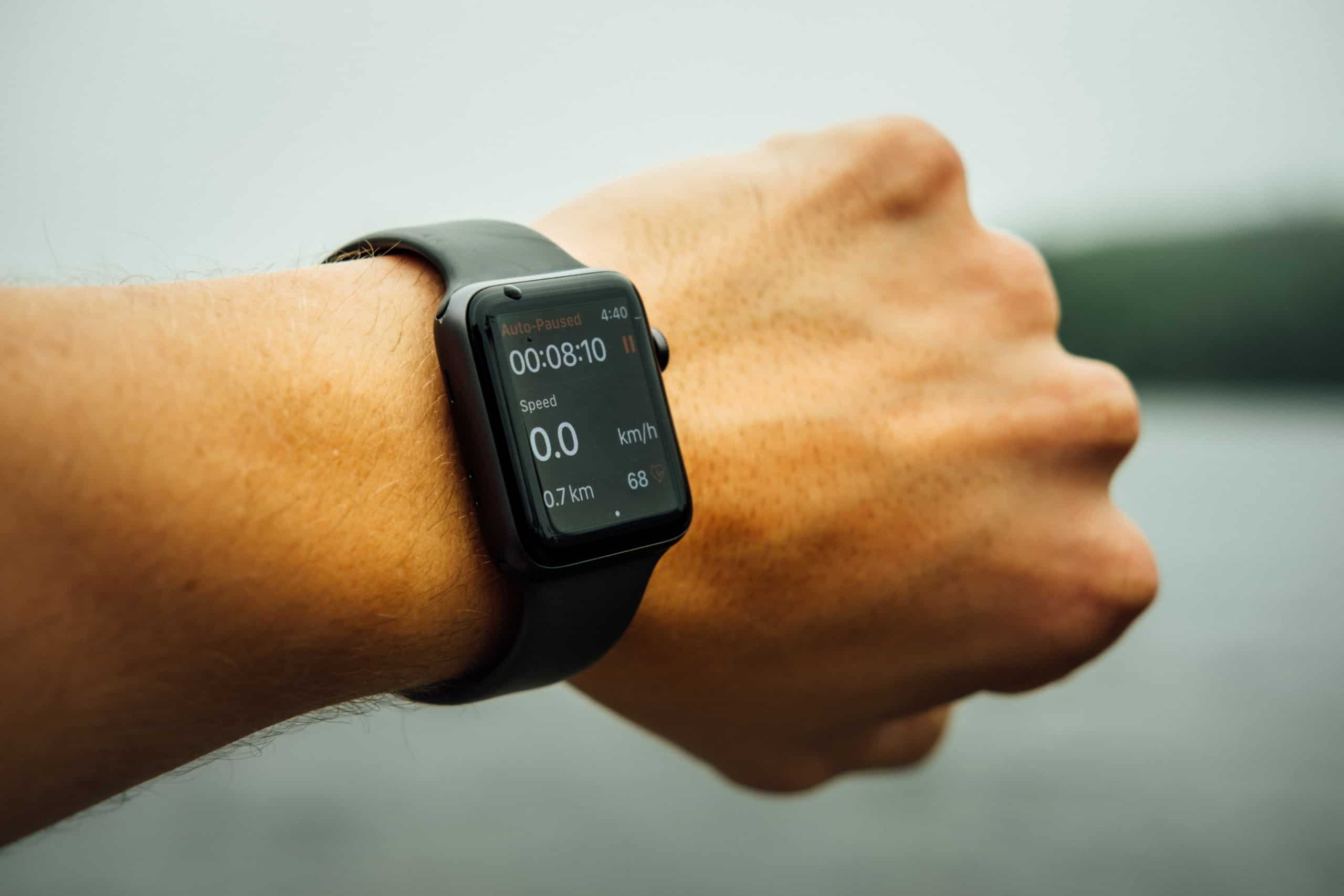
Photo by Tim Foster on Unsplash
5. Wearables
Technology has allowed people to optimize their health and lifestyle through portable devices, such as smartphones and activity trackers, among others. These devices, capable of monitoring vital organs of the body, help people set goals and put them into practice. According to analysts in this industry, the forecast for device sales for 2017 was 125.5 million, and the forecast for 2021 is the sale of 240.1 million devices.
Wearables that help track and monitor health are becoming more common as technology becomes more advanced and accessible.
That perfect integration between the physical and digital parts allowed today’s consumers to take control of their health beyond the clinical requirements. Wearables increased the quality of life of people in general. They will continue to shape the way people manage their health daily, which is a point considered positive by doctors in terms of prevention.
Conclusion
Generally, we are not very excited to think about medical care. But the trends of digital transformation in medical care drive us crazy as we move towards the end of 2019, considering that given the speed of its progress, how much more is and will be possible. One thing is certain that anything is possible when it comes to technology.
These are just some of the things we can expect for this year. Some of them already seem to us out of science fiction movies and to think that they are a reality is impressive. We can only assume that the advances that will come in the coming years are unimaginable.


